

Articles
How To Store Lemons In Freezer
Modified: December 7, 2023
Learn the best way to store lemons in the freezer and keep them fresh for longer. Find articles and tips on freezing lemons for ultimate convenience and flavor.
(Many of the links in this article redirect to a specific reviewed product. Your purchase of these products through affiliate links helps to generate commission for Storables.com, at no extra cost. Learn more)
Introduction
When life gives you lemons, why not freeze them? Freezing lemons is a fantastic way to preserve their flavor and vitamin C content while extending their shelf life. Whether you have a surplus of lemons from your bountiful lemon tree or simply want to stock up on this versatile citrus fruit, learning how to properly store lemons in the freezer is a valuable skill.
By freezing lemons, you can keep them fresh and ready to use whenever you need a burst of citrusy goodness in your recipes or beverages. Plus, freezing lemons is incredibly simple and can be done in a variety of ways, allowing you to choose the method that best suits your needs.
In this article, we will explore the benefits of freezing lemons, the different methods to prepare lemons for freezing, how to store them properly, and some helpful tips for using frozen lemons.
So grab some lemons, let’s delve into the world of freezing lemons!
Key Takeaways:
- Freeze lemons to extend their shelf life, preserve nutrients, and intensify flavor. Enjoy convenient access to lemons year-round for cooking, beverages, and skincare.
- Store frozen lemons in airtight containers, label and date them, and maintain a consistent freezer temperature for optimal quality. Embrace the versatility of frozen lemons in recipes, beverages, and skincare routines.
Read more: How To Store A Lemon
Benefits of Freezing Lemons
Freezing lemons offers a multitude of benefits that make it a worthwhile practice in any kitchen. Here are some of the advantages of freezing lemons:
- Extended Shelf Life: One of the primary benefits of freezing lemons is that it significantly extends their shelf life. While fresh lemons can only last for a few weeks at room temperature, frozen lemons can be stored for several months without losing their quality.
- Preservation of Nutrients: Lemons are packed with essential vitamins, especially vitamin C. Freezing lemons helps retain their nutritional value, ensuring that you can still enjoy their vitamin C content even after they have been frozen.
- Convenient Availability: With frozen lemons on hand, you will always have a supply of lemons readily available, regardless of the season. This is especially useful if you want to add a zesty touch to your dishes, beverages, or even homemade skincare products anytime throughout the year.
- Reduced Waste: Freezing lemons allows you to make the most of your citrus fruits instead of letting them go to waste. By freezing lemons before they spoil, you can utilize them later, minimizing food waste and saving money in the process.
- Enhanced Flavor: Surprisingly, freezing lemons can actually intensify their flavor. The freezing process breaks down the cell walls, releasing more juice and flavor when you eventually use them. This can result in a more vibrant and potent lemon taste in your recipes.
Given these advantages, freezing lemons is a smart and practical way to make the most out of your lemons while enjoying their numerous benefits. In the next section, we will explore how to prepare lemons for freezing using different methods.
Preparing Lemons for Freezing
Before diving into the different methods of freezing lemons, it’s important to properly prepare the fruit. Here’s a step-by-step guide on how to get your lemons ready for the freezer:
- Choose Fresh Lemons: Select lemons that are firm, smooth, and free from any bruises or blemishes. Fresh lemons will yield the best results when frozen.
- Wash the Lemons: Give the lemons a thorough rinse under cold water to remove any dirt or residue from the skin. This step is crucial, especially if you plan to preserve the zest as well.
- Pat Dry: After washing, gently pat dry the lemons using a clean kitchen towel or paper towel to remove excess moisture. Dry lemons will freeze better and prevent ice crystals from forming on the skin.
- Prepare Zest (Optional): If you wish to preserve the zest for future use, grate the outer layer of the lemon using a zester or fine grater. Be careful not to remove the bitter white pith beneath the zest.
- Extract Juice (Optional): If you anticipate needing lemon juice for recipes later on, squeeze the lemons to extract their juice. You can use a citrus juicer or simply roll the lemons on a hard surface to soften them before cutting and squeezing.
Once you’ve completed these preparation steps, you’re now ready to freeze your lemons using one or more of the methods outlined in the upcoming sections. Whether you prefer freezing whole lemons or preserving their juice, zest, or peel separately, there’s a method to suit your needs and culinary preferences.
Method 1: Whole Frozen Lemons
Freezing whole lemons is a simple and convenient way to preserve them while retaining their flavor and nutritional value. Here’s how you can freeze lemons in their entirety:
- Prepare the Lemons: Wash and dry the lemons thoroughly, following the steps mentioned earlier in the preparation section.
- Place them in Freezer Bags: Place the whole lemons in a freezer-safe bag, squeezing out any excess air and ensuring the bag is tightly sealed. Alternatively, you can wrap each lemon individually in plastic wrap before placing them in the freezer bag.
- Label and Date: To keep track of the freezing date, label the freezer bag with the current date. This will help ensure you use the lemons within the recommended storage time.
- Freeze: Place the bag of lemons in the freezer, making sure it is stored flat to prevent the lemons from sticking together. Lay them on a tray or flat surface until they are completely frozen to maintain their shape.
Whole frozen lemons can be stored in the freezer for up to six months. When you’re ready to use them, simply remove the desired number of lemons from the bag and allow them to thaw at room temperature for a few minutes or run them under lukewarm water to expedite the thawing process.
These thawed lemons can be used in various ways, from adding a bright flavor to beverages and salad dressings to using them in baked goods or squeezing them over cooked dishes for a burst of citrusy freshness.
However, if you prefer to have lemon juice readily available without the need to thaw a whole lemon, you can try the next method of freezing lemon juice in convenient cubes.
Method 2: Lemon Juice Cubes
If you frequently use lemon juice in your cooking or beverages, freezing lemon juice in convenient cubes is a fantastic option. This allows you to have readily available portions of lemon juice without the need to thaw an entire lemon. Here’s how you can freeze lemon juice in cubes:
- Extract the Juice: Squeeze the lemons to extract their juice using a citrus juicer or by hand. You can strain the juice to remove any seeds or pulp if desired.
- Measure and Pour: Measure the lemon juice into ice cube trays, filling each compartment about 2/3 full. Leaving some space at the top allows room for expansion as the cubes freeze.
- Wrap and Freeze: Cover the ice cube trays with plastic wrap or place them in a sealable freezer bag to prevent odors from affecting the juice. Make sure the tray or bag is tightly sealed to keep the juice fresh.
- Label and Date: Similar to the whole frozen lemons method, label each bag or tray with the date of freezing to keep track of its freshness.
- Freeze: Place the trays or bags in the freezer and allow the lemon juice to freeze completely. It usually takes a few hours or overnight.
Once the lemon juice cubes are frozen, transfer them to a resealable freezer bag for easier storage and to free up your ice cube trays for other uses. These lemon juice cubes can be kept in the freezer for up to three months.
When you need lemon juice, simply remove the desired number of cubes and thaw them at room temperature or in the microwave. These cubes can be used in a variety of recipes, such as sauces, marinades, dressings, and refreshing beverages.
If you also want to preserve the zest or peel of lemons separately, there’s a method for that too, which we will explore in the next section.
To store lemons in the freezer, first wash and dry them thoroughly. Then, place them in a resealable plastic bag and remove as much air as possible before sealing. Label the bag with the date and store in the freezer for up to 3 months.
Read more: How To Store Dehydrated Lemons
Method 3: Lemon Zest and Peel
The zest and peel of lemons can add a burst of citrus flavor to a wide range of recipes, from desserts to savory dishes. Freezing the lemon zest and peel allows you to have this versatile ingredient readily available whenever you need it. Here’s how you can freeze lemon zest and peel:
- Zest the Lemons: Use a zester or fine grater to carefully remove the zest from the lemons. Take care to only remove the colored portion of the peel, avoiding the bitter white pith beneath.
- Spread on a Baking Sheet: Transfer the zest to a baking sheet lined with parchment paper, spreading it out evenly in a thin layer. This helps prevent the zest from clumping together during freezing.
- Flash Freeze: Place the baking sheet in the freezer and allow the zest to freeze for about an hour or until it becomes firm and brittle.
- Transfer to Containers: Once the zest is frozen, transfer it to airtight containers or freezer bags. Label the containers with the freezing date for reference.
- Freeze: Return the containers to the freezer and store them for up to six months, ensuring they are kept in a consistently cold environment.
To use the frozen zest, simply remove the desired amount from the container and return the rest to the freezer immediately to maintain its freshness. The frozen zest can be added directly to recipes, eliminating the need to thaw it beforehand.
Similarly, you can also freeze the lemon peel separately. Wash the lemons, remove the peel using a vegetable peeler, and freeze each peel individually or place them in a freezer bag for storage. Frozen lemon peel can be added to simmering soups, stews, or infused in beverages to enhance the flavor.
By freezing the zest and peel separately, you can easily add a zing of lemony goodness to your dishes without the need to thaw or process a whole lemon.
Now that you have learned about different methods of freezing lemons, it’s important to understand how to store them properly to maintain their quality. Let’s explore that in the next section.
Storing Frozen Lemons Properly
Proper storage is key to maintaining the quality and longevity of your frozen lemons. Follow these guidelines to store your frozen lemons effectively:
- Choose airtight containers: Whether you’re freezing whole lemons, lemon juice cubes, or lemon zest and peel, it’s crucial to store them in airtight containers to prevent freezer burn and maintain their flavor.
- Label and date: Label each container or freezer bag with the contents and the date of freezing. This helps you keep track of their freshness and ensures you use them within the recommended storage timeframe.
- Freeze on a flat surface: Lay your containers or freezer bags flat in the freezer during the initial freezing process. This prevents the lemons from sticking together and allows for easy stacking and organizing later on.
- Keep a consistent temperature: Ensure your freezer maintains a consistently cold temperature of 0°F (-18°C) or below. Fluctuating temperatures can negatively impact the quality of the frozen lemons.
- Use freezer-safe materials: Opt for containers and bags specifically designed for freezer storage. These materials are more durable, preventing any potential leaks or odors from affecting the lemons.
- Avoid frost and moisture: Moisture can lead to freezer burn and affect the texture of the lemons. Make sure your containers are sealed tightly, and avoid opening them unnecessarily.
- Organize and rotate: Keep your freezer well-organized to easily locate and access your frozen lemons. Remember to rotate the stock, using older lemons first to ensure they are used before their quality deteriorates.
By following these storage practices, you can keep your frozen lemons in optimal condition for an extended period, ensuring that you always have a supply of fresh and flavorful lemons whenever you need them.
Now that you know how to store frozen lemons properly, let’s move on to some useful tips for using them effectively in your culinary adventures.
Tips for Using Frozen Lemons
Using frozen lemons is a convenient way to add a burst of citrus flavor to your dishes, beverages, and even homemade skincare products. Here are some handy tips for utilizing frozen lemons effectively:
- Thawing methods: To thaw whole frozen lemons, leave them at room temperature for a few minutes or run them under lukewarm water. For lemon juice cubes or zest and peel, simply take out the desired amount and let them thaw naturally.
- Use the entire lemon: When thawing whole lemons, you can use the entire fruit. The flesh will become softer and more juicy after freezing, making it perfect for squeezing and extracting the maximum flavor.
- Experiment with recipes: Frozen lemons can be used in various recipes, including sauces, dressings, marinades, baked goods, cocktails, and more. Get creative and try incorporating frozen lemons into your favorite recipes to add a tangy twist.
- Enhance beverages: Add a slice of frozen lemon to your favorite drinks, such as water, tea, or cocktails, to infuse them with refreshing citrus flavor. The lemon acts as a natural ice cube, keeping your drink cool while releasing its flavor.
- Zest for added flavor: Grate the frozen lemon zest directly into your dishes for an instant burst of citrus flavor. The frozen zest retains its potency and can bring a vibrant taste to your recipes.
- Preserve leftovers: If you have unused lemon juice, zest, or peel, you can refreeze them in small portions using the same methods. This way, you can limit waste and have readily available lemon components whenever you need them.
- Revitalize skin: Frozen lemon cubes can be used as a refreshing facial toner or as an ingredient in homemade face masks. Rubbing a frozen lemon cube gently on your face can invigorate the skin and provide a natural glow.
- Stay organized: Keep track of your frozen lemons by periodically checking the labels and arranging them based on the freezing date. This will ensure you use the oldest lemons first and maintain an efficient freezer inventory.
With these tips, you can make the most of your frozen lemons and enjoy the vibrant flavor and versatility they bring to your culinary endeavors.
Now that you’re equipped with the knowledge of freezing lemons, storing them properly, and using them effectively, you can confidently store your lemons in the freezer and harness their zesty goodness whenever you need it.
So, go ahead, freeze those lemons and unlock a world of citrusy possibilities in your kitchen!
Conclusion
Freezing lemons is an excellent way to preserve their flavor, nutritional value, and extend their shelf life. Whether you choose to freeze whole lemons, lemon juice cubes, or zest and peel, each method offers its own set of advantages. By properly preparing and storing your frozen lemons, you can enjoy the convenience of having them readily available whenever you need a tangy touch in your recipes or beverages.
The benefits of freezing lemons are numerous. Not only does it help reduce food waste, but it also allows you to extend the availability of lemons beyond their natural season. Freezing lemons also preserves their nutrients, ensuring you can still enjoy their vitamin C content even after they have been frozen. The intense flavor of frozen lemons can enhance your culinary creations and add a refreshing twist to your beverages.
With methods such as freezing whole lemons, creating lemon juice cubes, and preserving lemon zest and peel, you have a range of options to choose from based on your preferences and recipe requirements. Taking the time to properly store your frozen lemons in airtight containers, labeling them, and maintaining a consistent freezer temperature will ensure that they retain their quality and freshness.
When it comes to using your frozen lemons, the possibilities are endless. From squeezing the thawed lemons for their juice to grating frozen zest directly into your dishes, there are numerous ways to unleash the vibrant citrus flavor. You can also use frozen lemons to enhance beverages, revitalize your skin, and explore new culinary experiments.
So embrace the versatility of lemons and make the most of their abundance by freezing them. Whether you’re stockpiling lemons from your garden or taking advantage of a great sale at the grocery store, freezing lemons allows you to harness their zesty goodness all year round. So, go ahead and freeze those lemons, and let the tangy and refreshing flavors elevate your culinary creations.
Frequently Asked Questions about How To Store Lemons In Freezer
Was this page helpful?
At Storables.com, we guarantee accurate and reliable information. Our content, validated by Expert Board Contributors, is crafted following stringent Editorial Policies. We're committed to providing you with well-researched, expert-backed insights for all your informational needs.



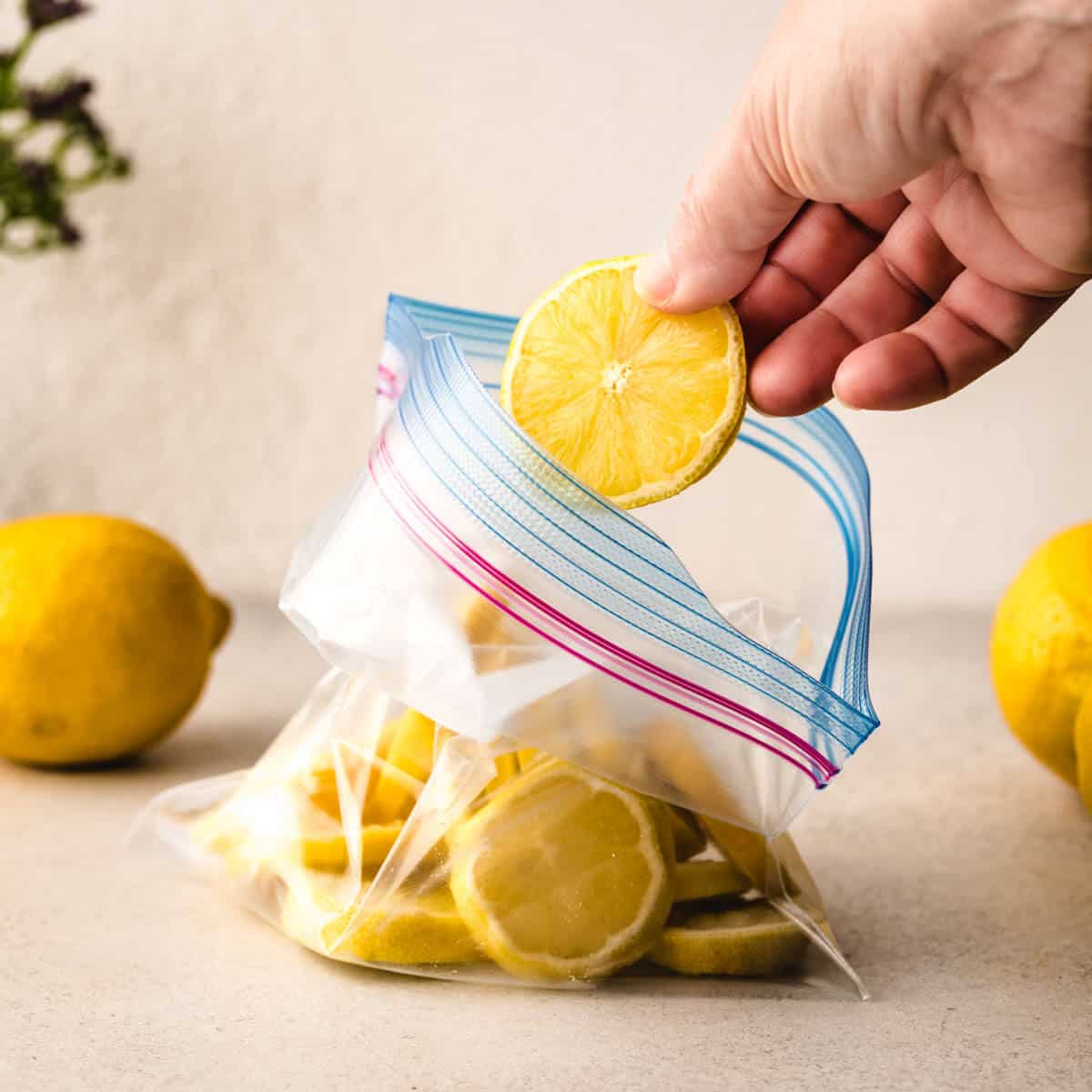



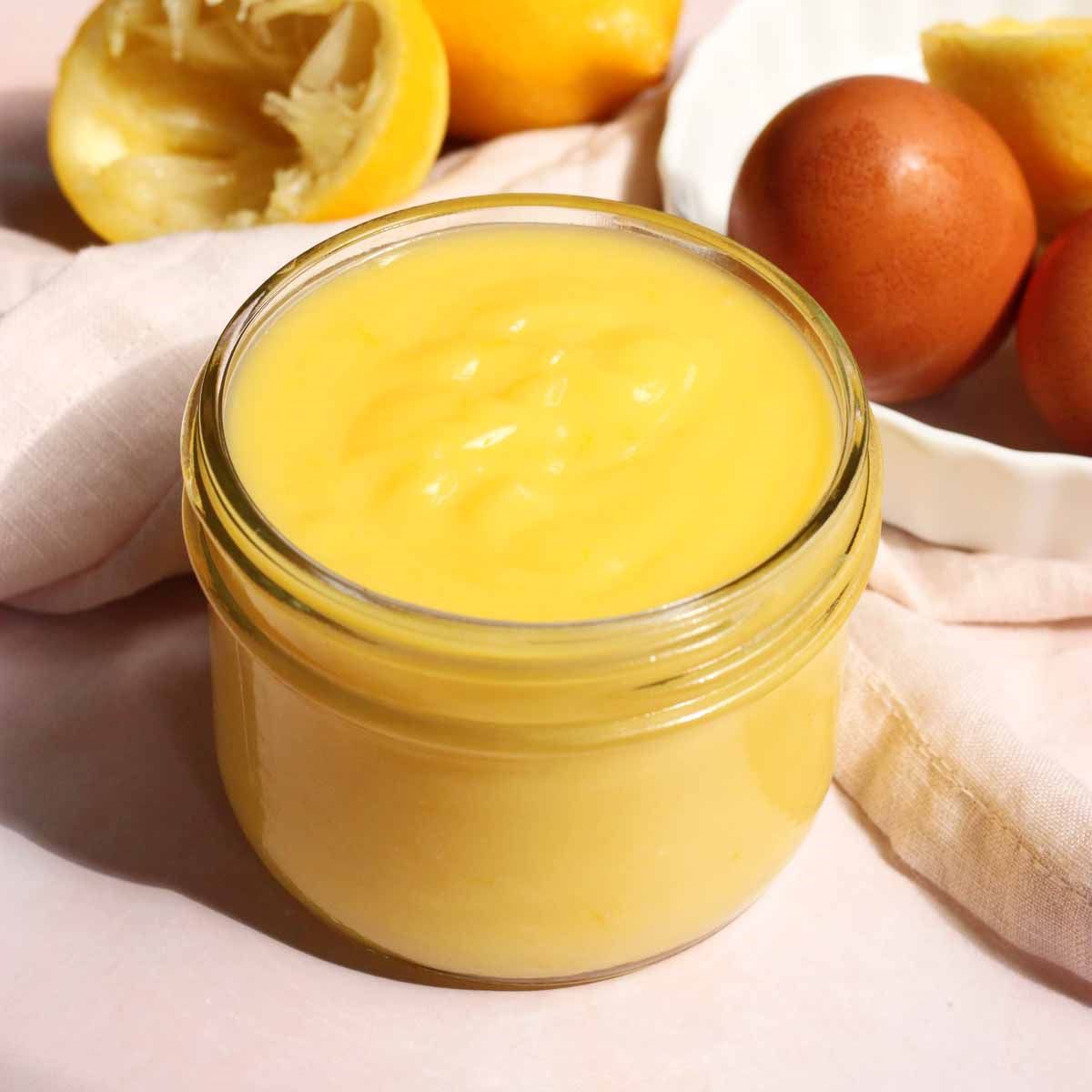
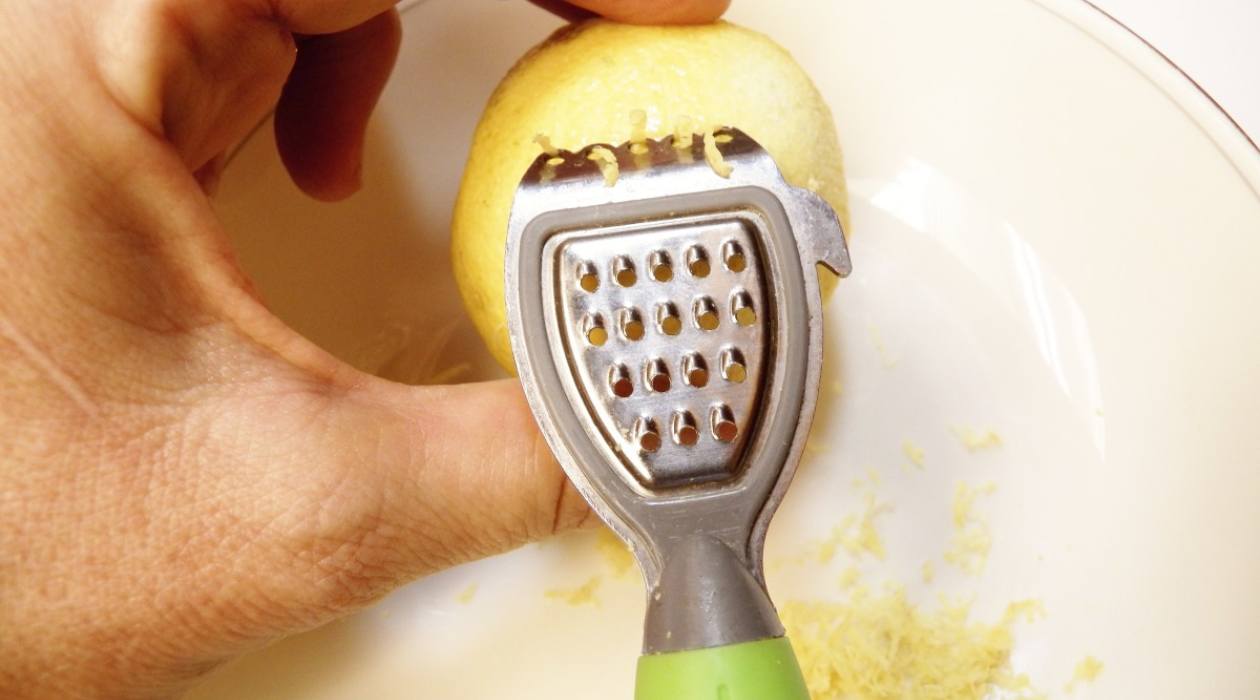

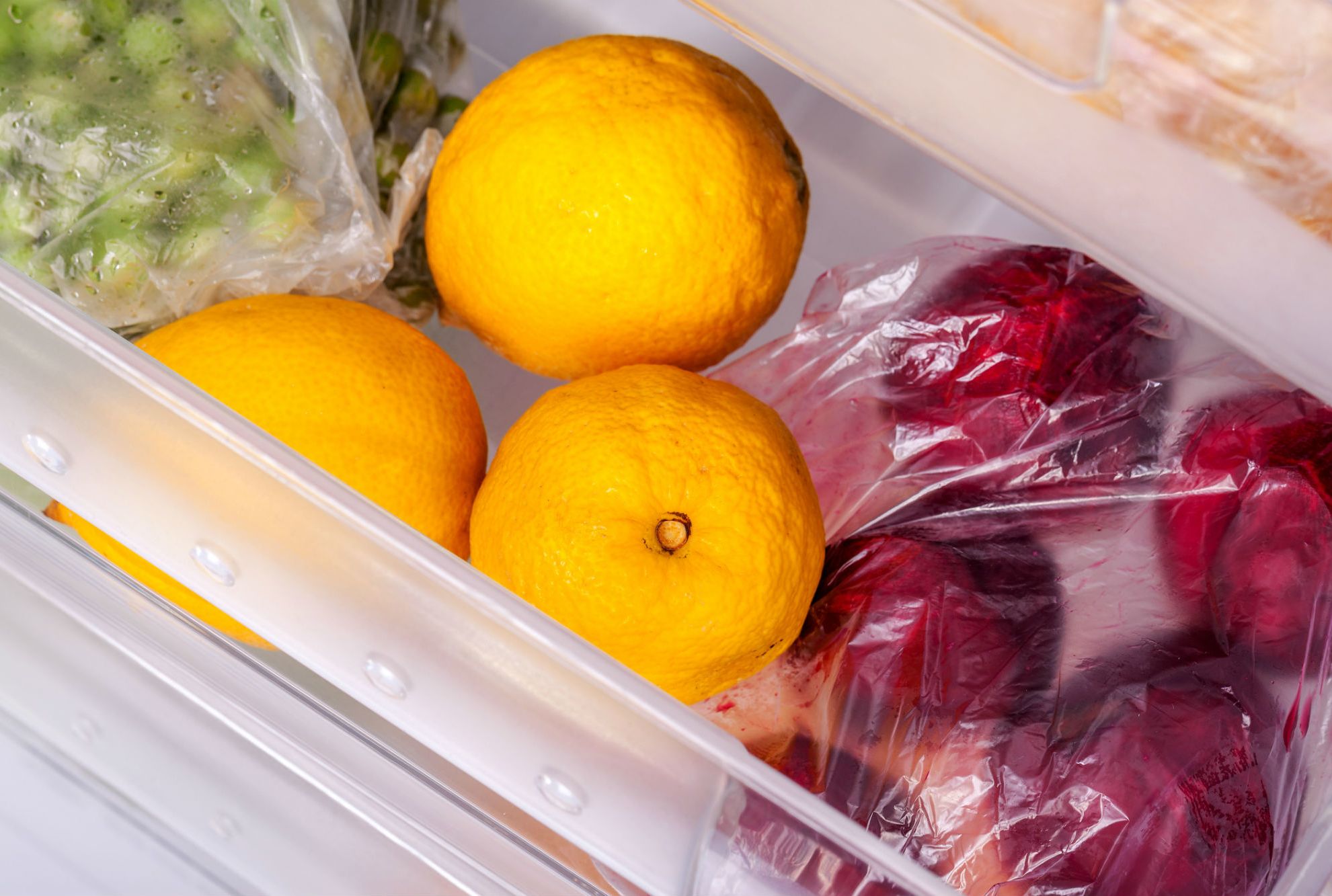


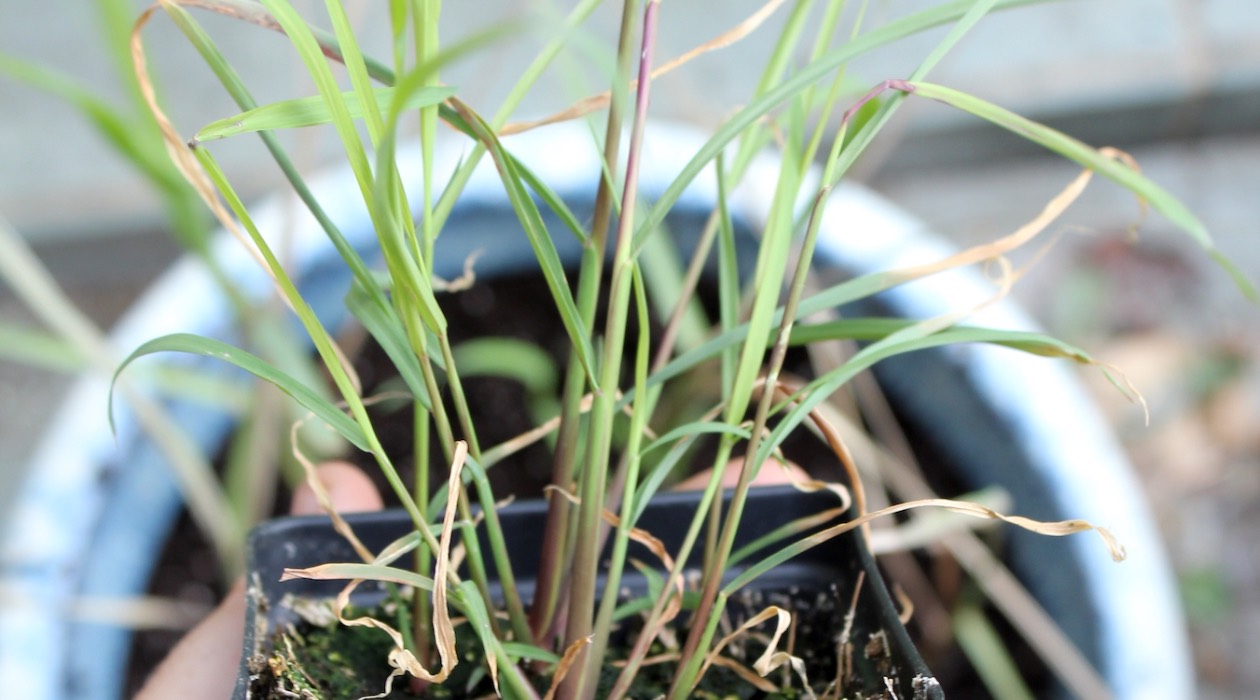

0 thoughts on “How To Store Lemons In Freezer”